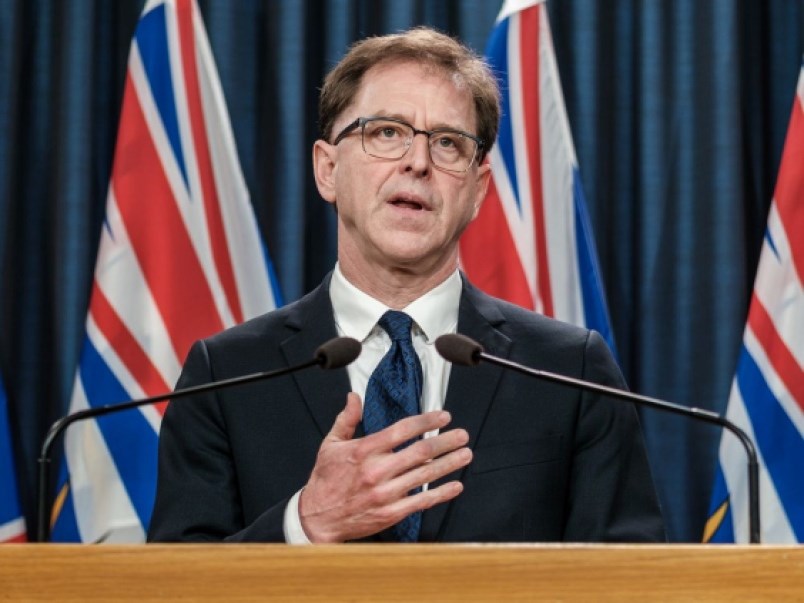The province is investigating allegations of staff in a hospital emergency-room playing a “game” to guess the blood-alcohol level of Indigenous patients.
Health Minister Adrian Dix said the allegations were brought to him Thursday night (June 18).
He did not say where the incident was alleged to have taken place, or whether it was in one emergency room or multiple emergency rooms.
"We need to involve the many leaders, First Nations Health Council, First Nations Health Authority, Metis Authority, all relevant authorities have to be involved in this. This involves reconciliations and remedy as well." #bcpoli #bc #ministryofhealth #britishcolumbia @PGMatters
— Jess Balzer (@jessicajbalzer) June 19, 2020
If the allegations are true, the practice is “intolerable, unacceptable and racist and, of course, affected profoundly patient care,” Dix said at a teleconference Friday morning. “Playing a game of that sort is beyond unacceptable.”
Dix has appointed Mary Ellen Turpel-Lafond, B.C.’s former representative for children and youth, to investigate.
He said the health-care staff being investigated have not been suspended or fired, saying it’s important to determine the facts through the investigation.
“They are serious allegations. They obviously need to be investigated so that we can determine the extent of them.”
In a statement Friday, the Métis Nation B.C. and the B.C. Association of Aboriginal Friendship Centres said emergency-room physicians, nurses and other staff regularly play a version of the TV game “The Price is Right” when predicting the blood-alcohol level of Indigenous patients, where the “winner” is the closest without going over.
The two Indigenous groups said First Nations, Métis and Inuit patients seeking emergency medical services in British Columbia are often assumed to be intoxicated and denied medical assessments, contributing to worsening health conditions resulting in unnecessary harm or death.
Both agencies notified the First Nations Health Authority of their concerns.
“What is allegedly happening in B.C. hospitals to Métis, First Nations and Inuit peoples is deeply disturbing and must immediately come to an end,” Daniel Fontaine, CEO of the Métis Nation B.C.
Leslie Varley, executive director of the B.C. Association of Aboriginal Friendship Centres, pointed to a “lack of will” to address systemic and specific racism toward Métis, First Nation and Inuit people. “We know that our people avoid hospitals because we are afraid of having a discriminatory encounter,” Varley said in a statement. “This happens to the point where Indigenous people end up in emergency with extreme diagnosis, like cancer.”
The investigation will work in collaboration with First Nations councils and First Nations health authorities to find the proper remedies and reconciliation, Dix said.
Turpel-Lafond will make recommendations about immediate and long-term steps to address systemic racism in the health-care system. Dix did not provide a timeline for how long the investigation will take.
“It is beyond dispute that people have suffered in our province from systemic racism in many fields, and health care is one of those,” Dix said.
The Métis Nation B.C. and the B.C. Association of Aboriginal Friendship Centres said B.C. should follow Ontario’s lead and make anti-racism-training mandatory for health service workers.
“B.C. Health Authorities are inconsistent in their requirements for anti-racism training, despite evidence that racism is prevalent within health systems,” the organizations said.


